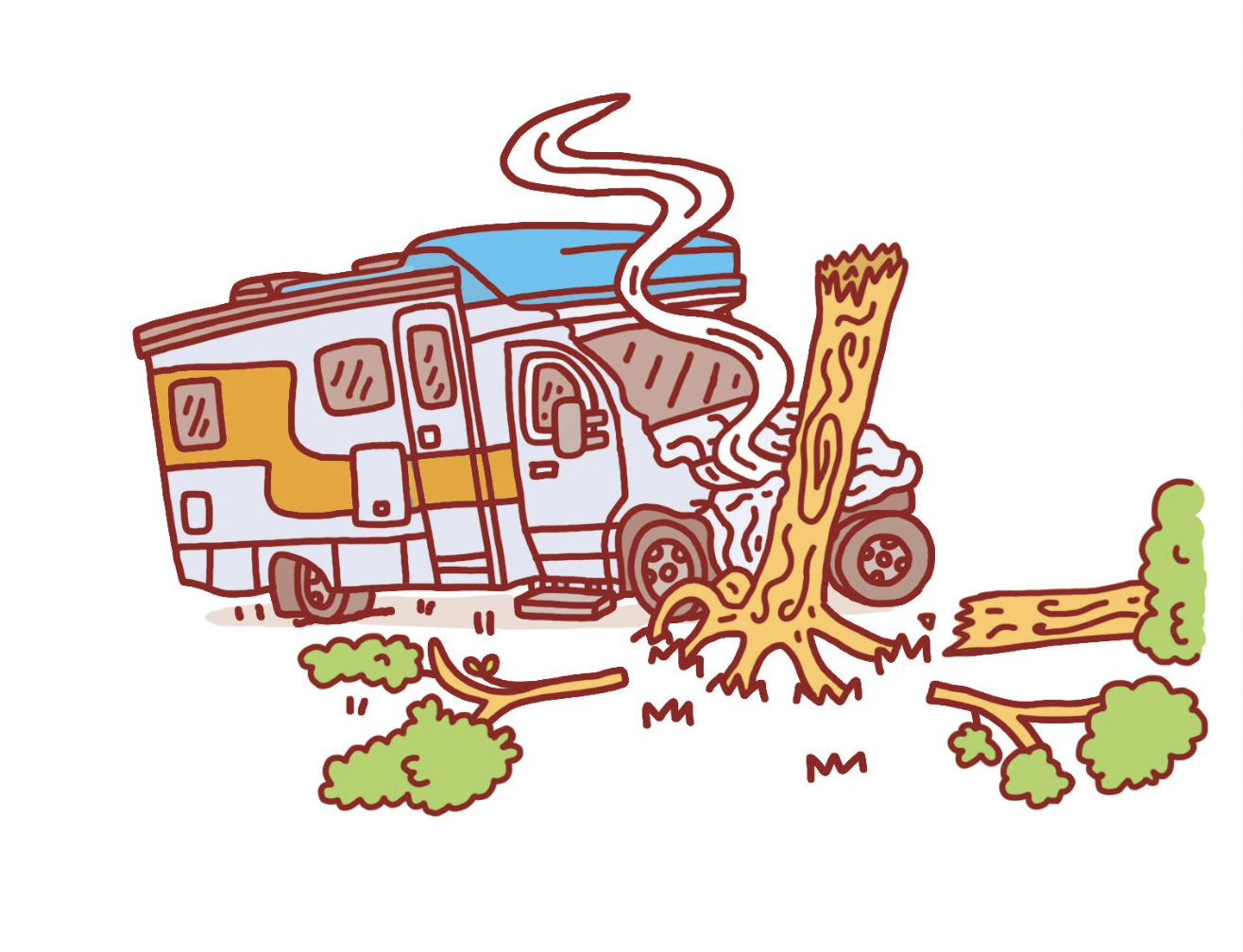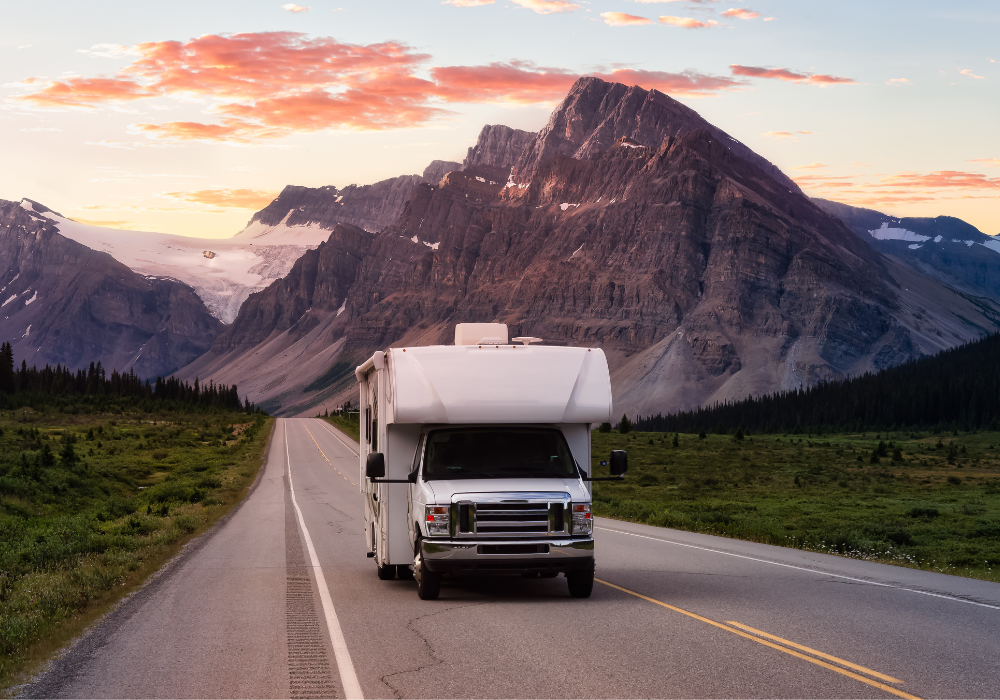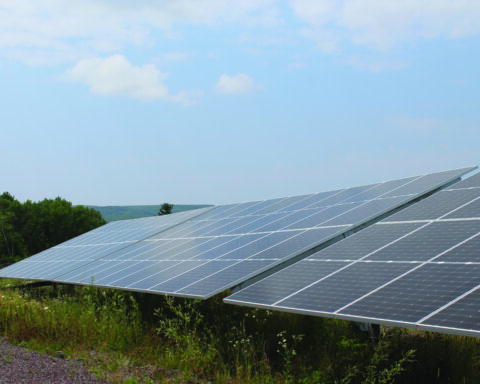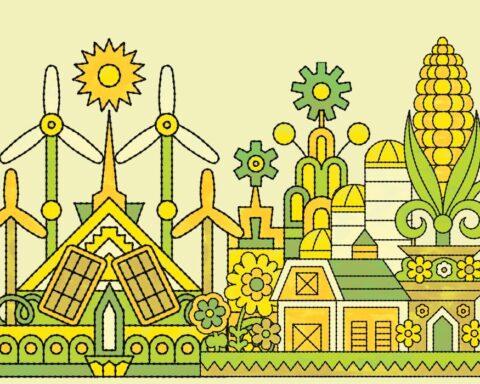To get people in the mood to spend a year’s salary on a motor home, recreational-vehicle makers promote dreamy images of campers cruising through green forests and trailers sitting by mountain streams. But the industry’s love for the environment has its limits. Environmental activists say RV makers are destroying vital Indonesian rainforests and critical orangutan habitat to provide North America’s road warriors with plywood panelling.
The RV industry, which is dominated by three manufacturers, is the largest U.S. consumer of tropical wood. NGOs operating in Indonesia claim the industry devours 500 giant trees every day. Its preferred hardwood is lauan, which makes light, moisture-resistant floors and cabinets. Lauan is plentiful on the island of Borneo, but activists have found that price-conscious RV manufacturers regularly buy the wood from unethical suppliers who bulldoze forests rather than manage them sustainably.
Last fall, Washington, D.C.–based Mighty Earth and London-based Earthsight invited a team from The New York Times on an investigative mission to Borneo’s interior, home of the Dayak people. They found drained wetlands, ruined landscapes and communities displaced. According to Mighty Earth’s forest commodities director, Amanda Hurowitz, the probe “exposed the destruction of 100,000 acres of orangutan habitat and Indigenous Dayak forest, fueled by Winnebago and other RV companies.”

Most RV makers and suppliers contacted by The Times chose not to comment on the issue. The largest RV company, Thor Industries, which makes Jayco and Airstream products, said it was “not aware” of any deforested wood in its supply chain.
Hurowitz wants the RV industry to insist on transparency and sustainability in its supply chain. Mighty Earth estimates that buying from responsible lauan suppliers would cost the industry less than US$20 per vehicle. She says Indonesian authorities have worked hard to reduce commercial deforestation, although “a handful of unprincipled companies have attempted to evade forest protections.”
Hurowitz challenges RV owners to demand change from the industry. It shouldn’t be too hard, as the RV industry purports to revere the environment. Jayco, for instance, offers tips on “Making Your Next RV Trip More Green,” such as separating trash, turning down the thermostat and making your own cleaning products. Now it’s time for RV owners to ask the manufacturers to clean up their act.
The Weekly Roundup
Get all our stories in one place, every Wednesday at noon EST.







